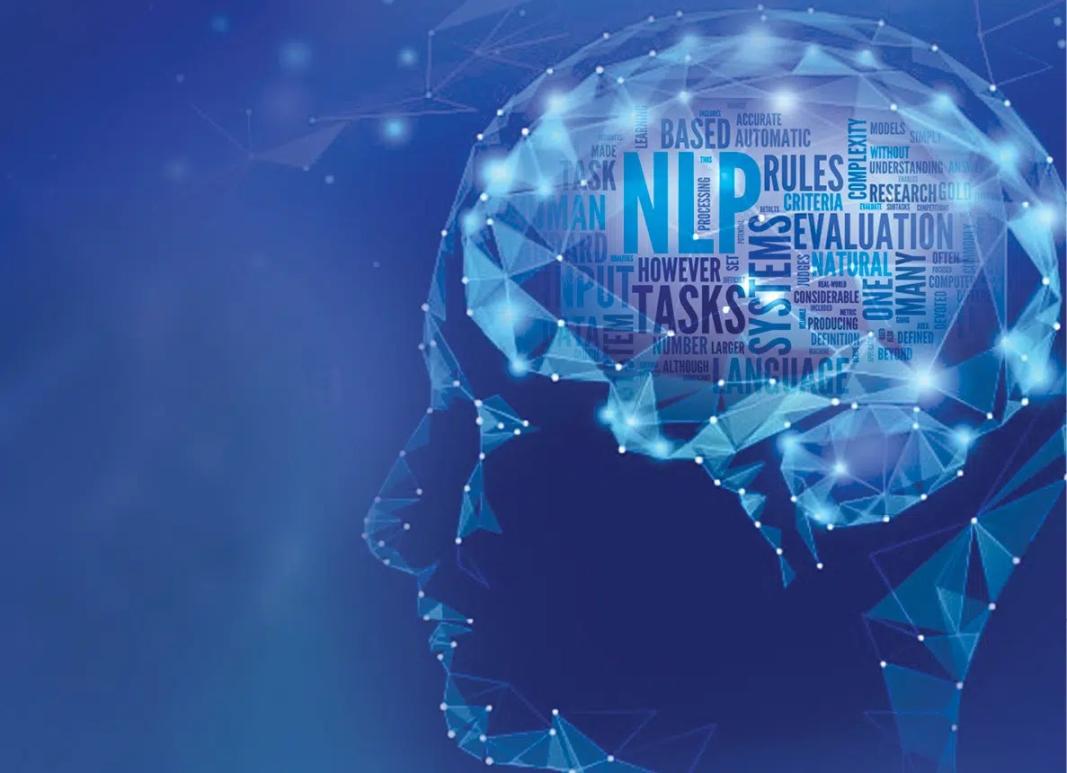What are the Ethical Implications of AI's Ability to Process Natural Language?
Artificial intelligence (AI) has made significant strides in recent years, with natural language processing (NLP) emerging as one of its most promising and rapidly developing subfields. NLP empowers AI systems to understand, interpret, and generate human language, opening up a wide range of applications across various industries and sectors.

Significance of NLP in Various Fields
NLP has revolutionized the way we interact with technology, enabling seamless communication between humans and machines. Its applications span a diverse range of fields, including:
- Machine Translation: NLP algorithms can translate text and speech from one language to another, breaking down language barriers and facilitating global communication.
- Chatbots and Virtual Assistants: NLP-powered chatbots and virtual assistants provide customer support, answer queries, and offer personalized recommendations, enhancing user experience and streamlining business processes.
- Sentiment Analysis: NLP algorithms can analyze text data to gauge public sentiment towards products, brands, or political candidates, providing valuable insights for businesses and organizations.
- Text Summarization: NLP systems can condense large volumes of text into concise summaries, making it easier for users to grasp the key points and extract meaningful information.
- Spam Filtering: NLP algorithms can identify and filter spam emails, protecting users from unwanted and potentially malicious content.
Ethical Implications of AI's NLP Abilities
While AI's NLP capabilities offer immense potential, they also raise a number of ethical concerns that need to be carefully considered and addressed.
Privacy and Data Security
AI's NLP systems rely on vast amounts of data to learn and improve their performance. This raises concerns about the privacy and security of personal data, as AI systems may have access to sensitive information such as medical records, financial transactions, and personal communications.
- Data Breaches and Misuse: The collection and storage of large datasets can increase the risk of data breaches and unauthorized access, potentially leading to the misuse of personal information for malicious purposes.
- Need for Robust Data Protection: To mitigate these risks, robust data protection regulations and ethical guidelines are essential to ensure that personal data is collected, processed, and stored in a responsible and secure manner.
Bias and Discrimination

AI's NLP algorithms are trained on data that reflects the biases and prejudices of the human creators. This can lead to AI systems inheriting and amplifying these biases, resulting in unfair and discriminatory outcomes.
- Biased Decision-Making: AI systems may make biased decisions in areas such as hiring, lending, and healthcare, leading to unfair treatment and discrimination against certain groups of people.
- Addressing Algorithmic Bias: It is crucial to address algorithmic bias by auditing and mitigating biases in training data, developing fair and unbiased algorithms, and promoting diversity and inclusion in the development of AI systems.
Manipulation and Misinformation
AI's ability to generate realistic text and speech raises concerns about the spread of fake news and propaganda. AI-powered bots can be used to manipulate public opinion, spread disinformation, and undermine trust in institutions.
- Fake News and Propaganda: AI-generated content can be used to create convincing fake news articles, social media posts, and videos, making it difficult for users to distinguish between genuine and fabricated information.
- Combating AI-Driven Misinformation: Strategies are needed to combat AI-driven misinformation, such as developing tools to detect and flag fake content, promoting media literacy and critical thinking skills, and holding social media platforms accountable for the content they host.
Job Displacement and Economic Impact
As AI's NLP capabilities continue to advance, there is a growing concern about the potential for job displacement. AI systems may automate tasks currently performed by humans, leading to job losses and economic disruption.
- Impact on Employment: AI's NLP capabilities may have a significant impact on employment, particularly in sectors reliant on language-based work such as customer service, content creation, and data analysis.
- Reskilling and Upskilling: To mitigate the negative impact on employment, it is essential to invest in reskilling and upskilling programs to help workers adapt to the changing job market and acquire new skills that are in demand.
Power Dynamics and Control
The concentration of AI's NLP capabilities in the hands of a few large tech companies raises concerns about power dynamics and control. These companies may have the ability to influence public opinion, manipulate markets, and exert undue influence on society.
- Concentration of Power: The dominance of a few large tech companies in the development and deployment of AI's NLP systems may lead to a concentration of power and control, potentially undermining democratic values and accountability.
- Surveillance and Social Control: AI's NLP capabilities could be used for surveillance and social control, raising concerns about privacy and individual liberties.
- Need for Democratic Oversight: To address these concerns, it is essential to establish democratic oversight and public accountability mechanisms to ensure that AI systems are developed and deployed in a responsible and ethical manner.
Conclusion
The ethical implications of AI's NLP capabilities are complex and far-reaching. As AI continues to evolve and become more sophisticated, it is imperative that we engage in thoughtful and informed discussions about the ethical challenges and opportunities it presents. Collaboration among technologists, policymakers, ethicists, and the public is essential to develop responsible and ethical guidelines for the development and deployment of AI systems, ensuring that they benefit humanity and promote a just and equitable society.
YesNo

Leave a Reply